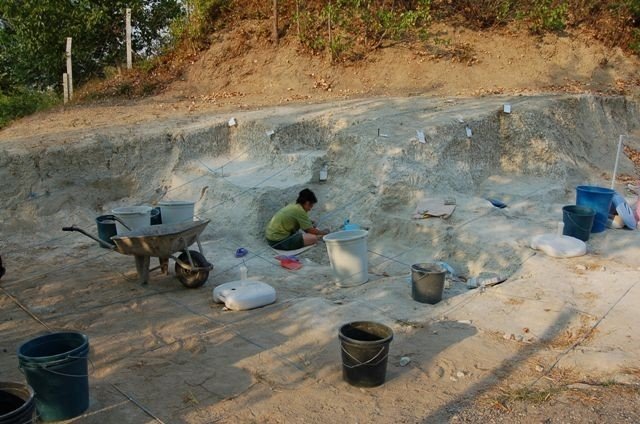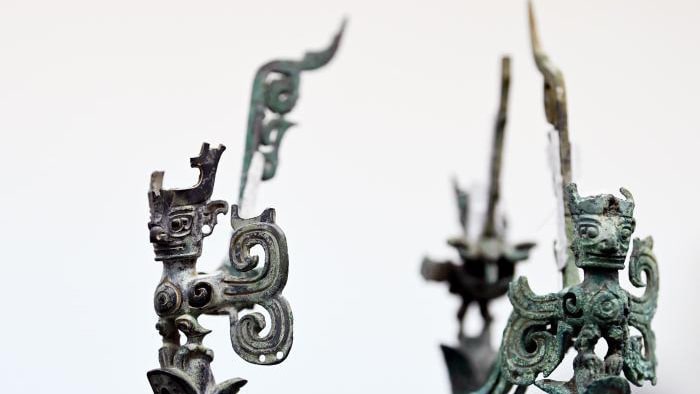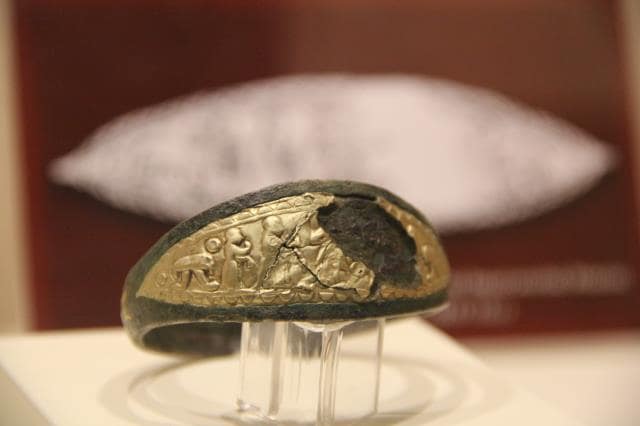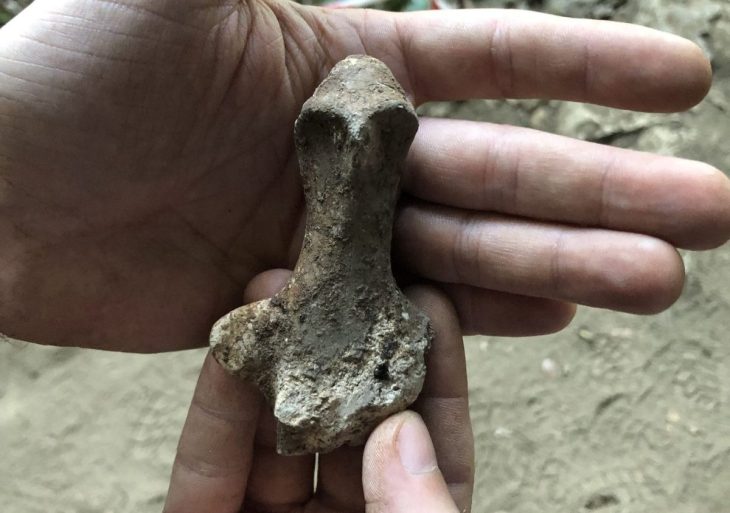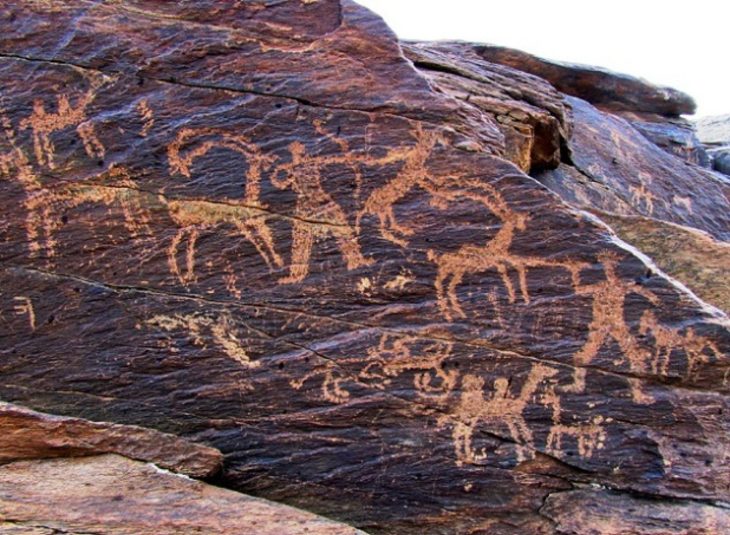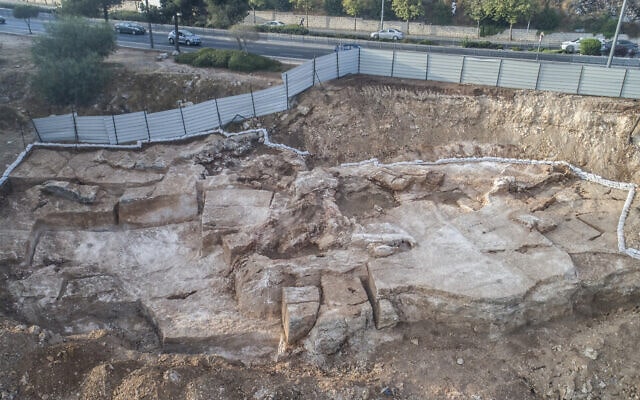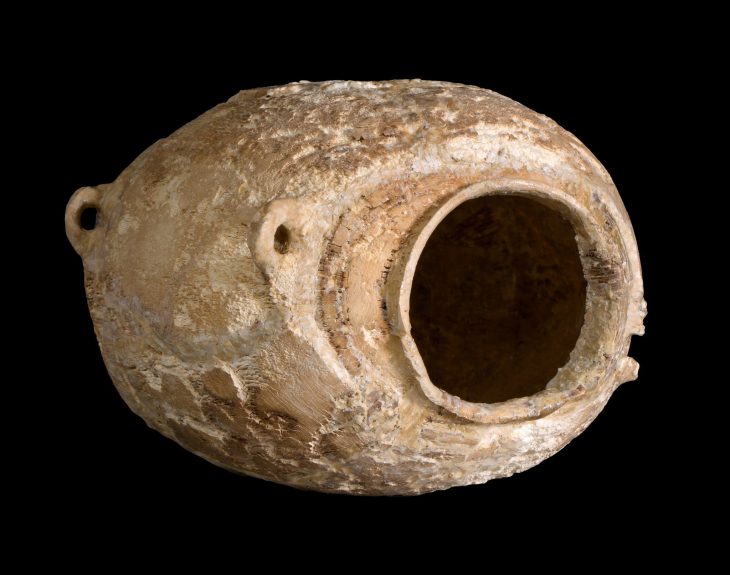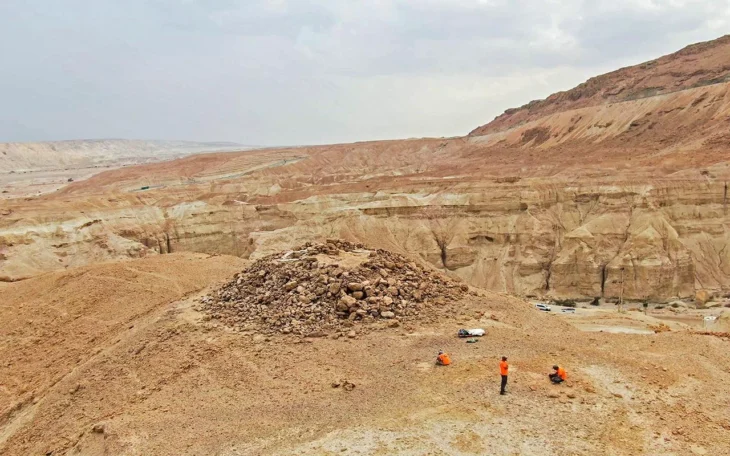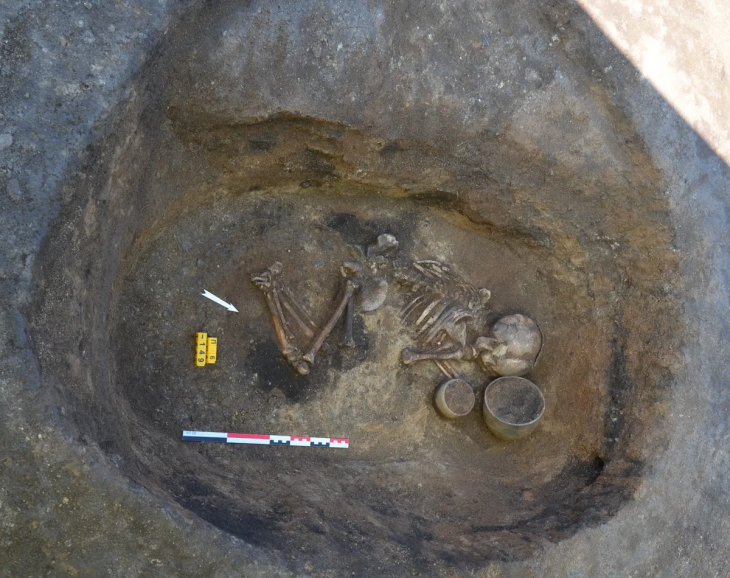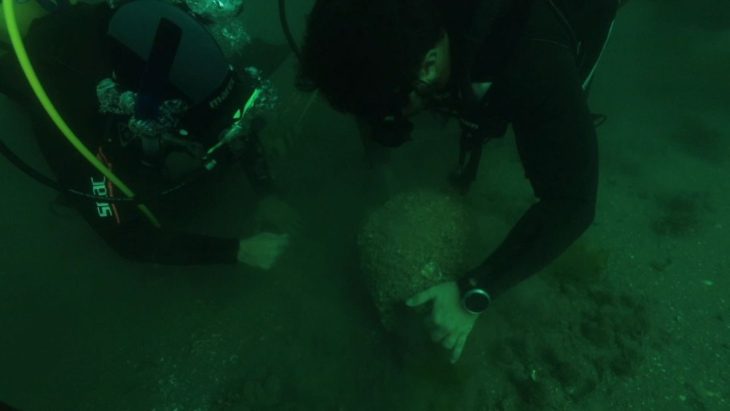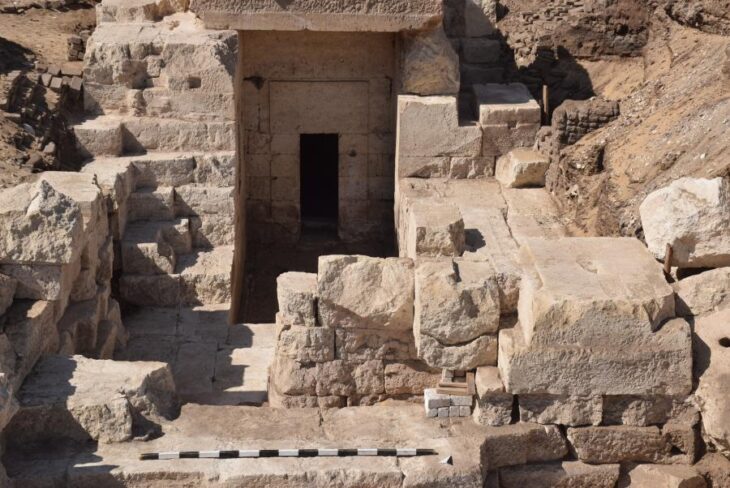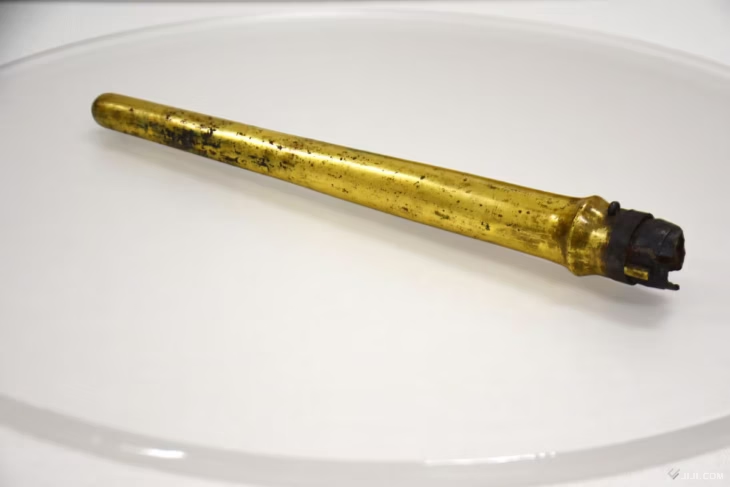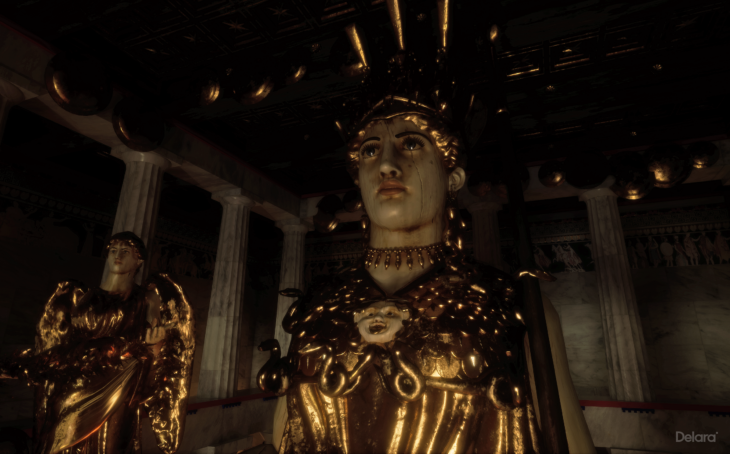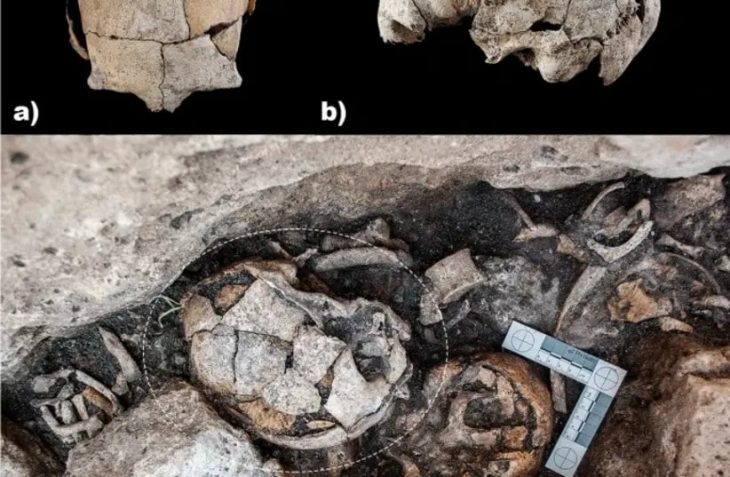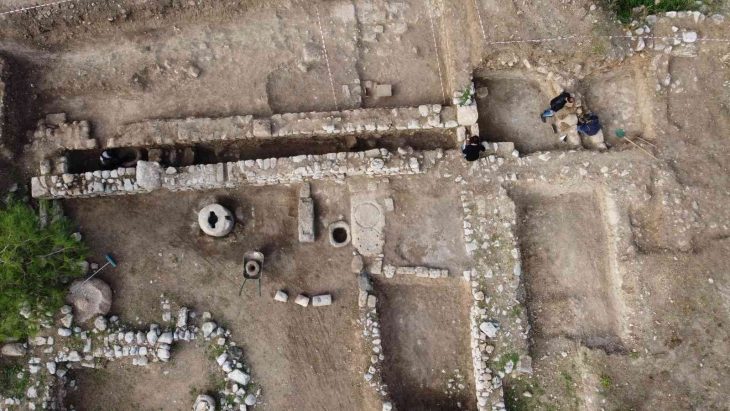The rock paintings and kitchen materials found in the cave, which were discovered by a shepherd and emerged as a result of a landslide Mustafakemalpasa, located in the northwest of Turkey, created excitement.
Mustafakemalpaşa Dessert, which belongs to the Mustafakemalpaşa district of Bursa, is one of the traditional desserts of Bursa cuisine. This dessert can shed light on the history of a recent discovery.
The modern-day cheese dessert has remarkable parallels to a “meal” that stayed unspoiled due to a resin coating it. The dessert-like meal was discovered within a cave discovered by a local shepherd following a landslide. The cave near town was also found to have rudimentary old paintings on its walls as well as archaic culinary equipment.
According to the news of İHA, archaeologists believe the findings, which include complete and shattered pots, date back to 10,000 B.C. The meal in issue was comprised of wild wheat, unidentifiable plant roots, and a milk-like liquid.
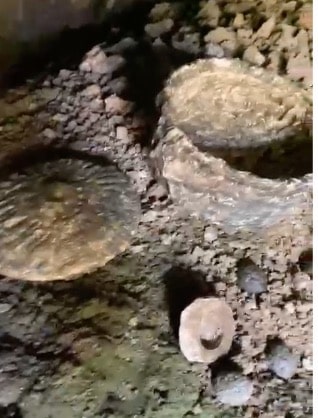
In the first examinations, it was determined that an animal like a buffalo or a cow was hunted and tried to be domesticated in the cave drawings, which were clearly evident despite not seeing light for many years. Local authorities designated the cave as a protected area, and more information is expected to be gleaned from the detailed work of archaeologists working at the cave and a nearby location thought to be an ancient settlement.
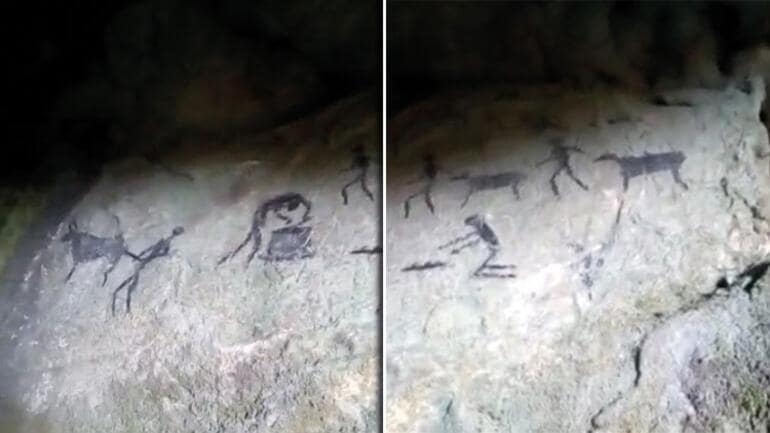
Mustafakemalpaşa Mayor Mehmet Kanar, who announced that detailed information will be given in the coming days as the area is taken under protection and the investigations have started, stated that the first investigations were enough to get them very excited.
Mustafakemalpasa, located in the northwest of Turkey, is an agricultural hub. The rural town already made a name for itself in the world of archaeology with the discovery of what experts described as one of the largest elephant fossils ever found in Turkey, dating back some 15 million years, and named Gamphotherium Pasalarensis after the town’s Paşalar district. Calcium carbonate and resin-rich woods in the larger region known as the “Gönen Basin,” according to scientists, help in the preservation of items such as food and fossils for generations.

